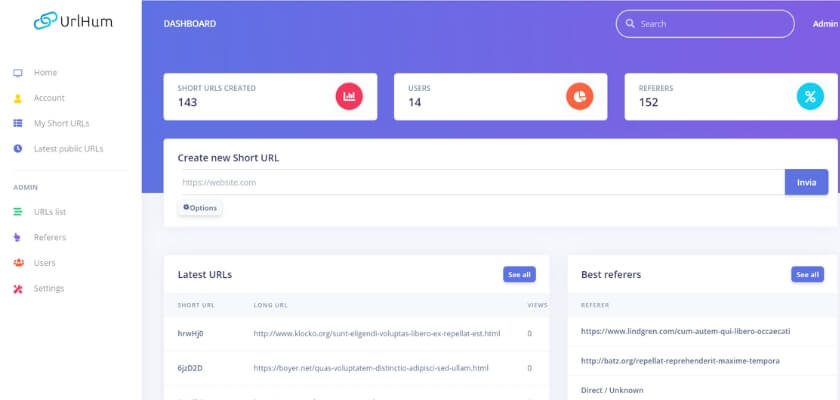Uniform Resource Locators (URLs), i.e., “web addresses,” are seldom short and sweet these days – but in the end, everyone still really wants them just that way.
This is where URL shortening techniques come into play – a method of displaying shorter versions of the actual URL, while directing the user to the real page. A method, in other words, promising a great deal of usability – while being at the same time fraught with great security risks.
Namely: a user may want to shorten an URL for the sake of convenience – how do you like typing a 100+-character URL into your phone’s virtual keyboard just to send a random link to a friend? And even if you may like it – will your social/gaming platform’s character count allow for it? Otherwise, a business may wish to make links brief and memorable – i.e., “beautified” – these are all squarely legitimate concerns.
The added benefit is for websites learning about where the clicks come from – something also typically baked-into an URL-shortening service.
But then there’s the potential for abuse. Providing a user with a short URL that tells them nothing about the actual destination of their clicks – until it may be too late – a risk simply becoming too great these days.
This is where trust in the code behind the very service comes in – and although user-friendliness, privacy, and security is and remains a tough act to balance online – if there’s one model with any chance of succeeding it has to be open-source.
This is because the open source model offers one major and undeniable advantage: the code is available to anyone wanting to audit it for either bugs, or deliberately planted malware.
Now in the URL-shortening world, there’s the nascent UrlHum service: a privacy-aware, modern and fast platform, with the code hosted publicly on GitHub, as developer Christian la Forgia explains.).
The project is built using PHP – which the founder thought was crucially significant given EU’s recent push for privacy regulation.













